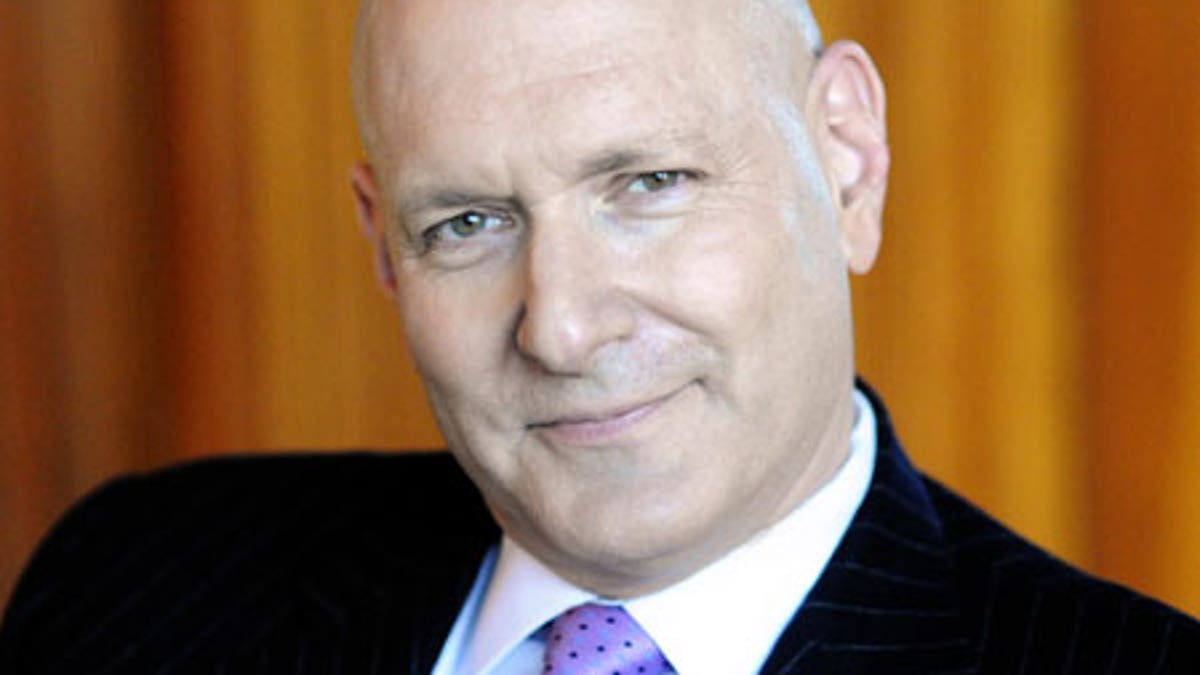
(bluelime photography)
Hugo Alfredo Tale-Yax bled to death on a street in Queens, N.Y., while at least 25 people walked past him. Tale-Yax had tried to stop a thug who was attacking a woman with a knife, and he got stabbed himself.
Surveillance video has revealed that one man took a cell phone photo of Tale-Yax and kept walking. Another shook him, seemed to notice that Tale-Yax was bleeding profusely, then kept going. Pairs of people stared at him, then went on their way.
What can explain this kind of inhumanity?
Social psychologists call it the “bystander effect.” It was first demonstrated in behavioral studies by John Darley and Bibb Latane in 1968. Their research was prompted by the case of 28-year-old Kitty Genovese, who was brutally raped and murdered in front of her Queens apartment building while 38 people witnessed the crime from the safety of their apartments — and did nothing to stop it.
The “bystander effect,” proven time and time again, asserts that in many emergency situations, any one bystander will do no more than other bystanders, and that all assume that someone else will intervene. The idea that no one else seems to be doing much causes a kind of anesthesia of our inborn, individual empathy.
I would add that the “bystander effect” may be fueled by a kind of paralyzing, instantaneous psychological denial. The unconscious may lead us to “opt out” of participating in situations that seem too dramatic and out of the ordinary — like waking dreams. “How could I be on my way for a cup of coffee and come across a man bleeding to death?” the mind may ask. “This must be an illusion or a set-up. It certainly isn’t part of my reality.”
Obviously, the “bystander effect” is the opposite of personal responsibility, autonomy and courage.
I think the “bystander effect” is more widespread than most people imagine. It happens in many families, in which one member is being hurt by another (whether through drug abuse or sexual abuse or emotional abuse), and no one does anything to stop it. It is the reason that bullies can pick on a student in school and not incur the wrath of the group.
Indeed, I believe the “bystander effect” can operate culture-wide, as a society watches, anesthetized, as it slowly bleeds to death in full view of its citizenry, while everyone believes that someone else will intervene. Perhaps the terrible tragedy of Hugo Alfredo Tale-Yax is not only a window on how little we sometimes protect one another, but also how little we protect our very future as a nation.
Dr. Keith Ablow is a psychiatry correspondent for Fox News Channel and a New York Times bestselling author. His book, "Living the Truth: Transform Your Life Through the Power of Insight and Honesty" has launched a new self-help movement including www.livingthetruth.com. Dr. Ablow can be reached at info@keithablow.com.
